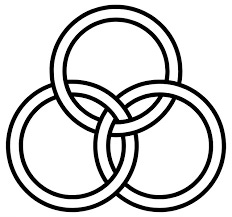
In this chapter of Medicine Wheel for the Planet, Dr. Jennifer Grenz takes us to the north of the medicine wheel paying tribute to the wisdom of the elders as they help us make sense of what’s happening to our natural spaces.
This chapter is all about seeing the world from a different perspective. And the paradigm shifts that happen when we do. Jennifer likens it to putting on a new pair of glasses. One that makes the path clearer, while, at the same time, slightly blurs the lines between western ecology and the indigenous worldview.
Jennifer learned this lesson the hard way when observations she made in the field were dismissed by her colleagues simply because they were not what people expected her to find. You see, western ecology prefers ideas that fit the status quo. and Jennifer, working from the indigenous research methodology, stumbled across evidence that flew in the face of what was previously thought to be true.
Indigenous research methodology is a way of understanding and working with the land that helps us see everything in a different light through the principles of:
reciprocity - always remembering why we are doing the work and how the work will give back to the greater community.
relationality - acknowledging the interconnectedness of world - within ecosystems and between all of the relations (plant, fungi and animal) who live there.
and respect - appreciating the worth of the land, the relations who live there and the indigenous knowledge that connects it all.
What myriad of benefits could emerge if western ecology adopted this Indigenous wisdom as a guiding light?
Things we chat about in this episode:
How it feels when we are not seen or heard because we don’t have the right status, credentials or POV.
How we shouldn’t dismiss things because they are not what we expect to see.
The benefits of the Indigenous Research Methodology (reciprocity, relationality and respect) for everyday life (it’s not just for scientists!):
The story behind Manon’s tattoo.
How there is no such thing as “good plants” and “bad plants”
Cool things we reference:
📕 Finding the Mother Tree by Suzanne Simard
Actions this quote inspires us to take:
Katherine: To really get to know the wild plant friends who will show up in my yard. I want to ask them what they need and why they are growing there and find out what kind of reciprocal relationship we can have.
Manon: To have more confidence in my own art practice. And to be more proud that I make my work personal.
Thank you so much for listening today! We really appreciate you being here. In our next episode we are deep diving into Chapter 8 of Medicine Wheel for the Planet by Dr. Jennifer Grenz. Until then we hope you stay well and have many moments to Slow Read.
Your Friends,
Katherine and Manon
P.S. If you would like to read with us, please feel free to download our Slow Reads questions:
Slow Reads Questions
P.P.S. I you are reading along with us, we would love to hear from you! Drop us an email and share your Slow Reads journey with us!






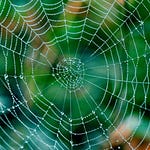
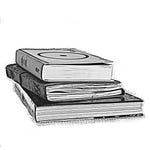
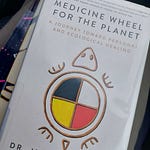
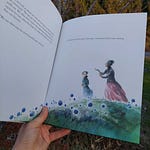
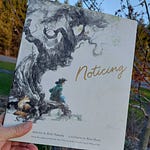
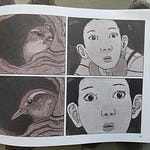

Share this post